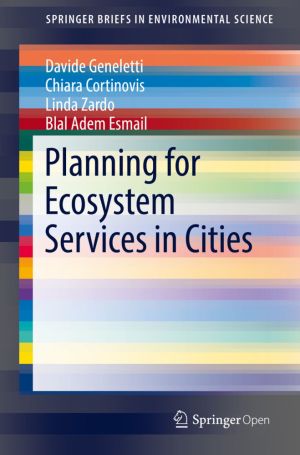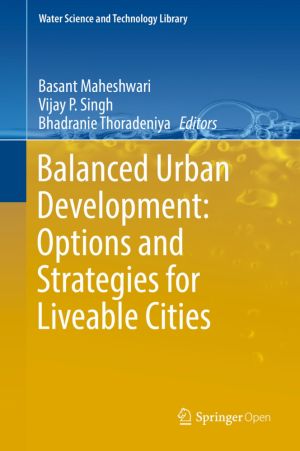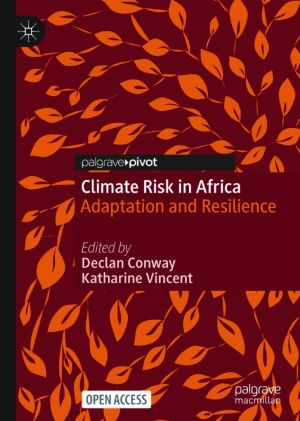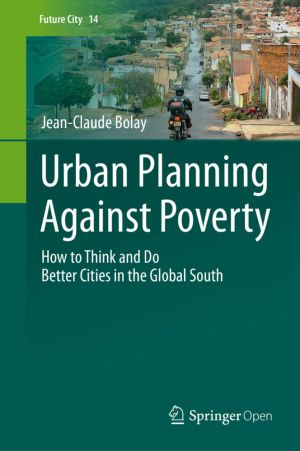Urban Planning Against Poverty
How to Think and Do Better Cities in the Global South
by Jean-Claude Bolay
DescriptionDetailsHashtagsReport an issue 






Book Description
This free book revisits the theoretical foundations of urban planning and the application of these concepts and methods in the context of Southern countries by examining several case studies from different regions of the world. For instance, the case of Koudougou, a medium-sized city in one of the poorest countries in the world, Burkina Faso, with a population of 115.000 inhabitants, allows us to understand concretely which and how these deficiencies are translated in an African urban context. In contrast, the case of Nueve de Julio, intermediate city of 50.000 dwellers in the pampa Argentina, addresses the new forms of spatial fragmentation and social exclusion linked with agro export and crisis of the international markets. Case studies are also included for cities in Asia and Latin America. Differences and similarities between cases allow us to foresee alternative models of urban planning better adapted to tackle poverty and find efficient ways for more inclusive cities in developing and emerging countries, interacting several dimensions linked with high rates of urbanization: territorial fragmentation; environmental contamination; social disparities and exclusion, informal economy and habitat, urban governance and democracy.This open book is licensed under a Creative Commons License (CC BY). You can download Urban Planning Against Poverty ebook for free in PDF format (18.6 MB).
Book Details
Title
Urban Planning Against Poverty
Publisher
Springer
Published
2020
Pages
218
Edition
1
Language
English
ISBN13
9783030284183
ISBN10
3030284182
ISBN13 Digital
9783030284190
ISBN10 Digital
3030284190
PDF Size
18.6 MB
License

Related Books

This book presents current knowledge about ecosystem services (ES) in urban planning, and discusses various urban ES topics such as spatial distribution of urban ecosystems, population distribution, and physical infrastructure properties. The book addresses all these issues by: i) investigating to what extent ecosystem services are currently includ...

This book identifies and discusses biodiversity's contribution to physical, mental and spiritual health and wellbeing. Furthermore, the book identifies the implications of this relationship for nature conservation, public health, landscape architecture and urban planning – and considers the opportunities of nature-based solutions for climate...

As cities develop, more land is converted into impervious surfaces, which do not allow water to infiltrate. Careful urban planning is needed to ensure that the hydrologic cycle and water quality of the catchment areas are not affected. There are techniques that can attenuate peak flow during rain events and reduce the amount of metals, nutrients, a...

This book provides a unique synthesis of concepts and tools to examine natural resource, socio-economic, legal, policy and institutional issues that are important for managing urban growth into the future. The book will particularly help the reader to understand the current issues and challenges and develop strategies and practices to cope with fut...

Maritime or marine spatial planning has gained increasing prominence as an integrated, common-sense approach to promoting sustainable maritime development. A growing number of countries are engaged in preparing and implementing maritime spatial plans: however, questions are emerging from the growing body of MSP experience. How can maritime spatial ...

This open book highlights the complexities around making adaptation decisions and building resilience in the face of climate risk. It is based on experiences in sub-Saharan Africa through the Future Climate For Africa (FCFA) applied research programme. It begins by dealing with underlying principles and structures designed to facilitate effective e...

